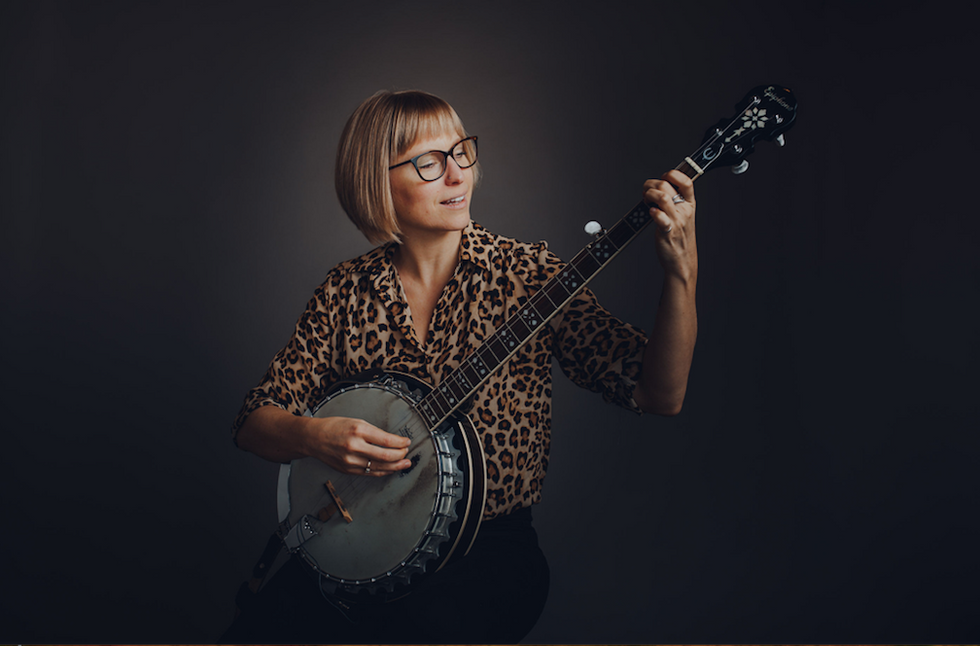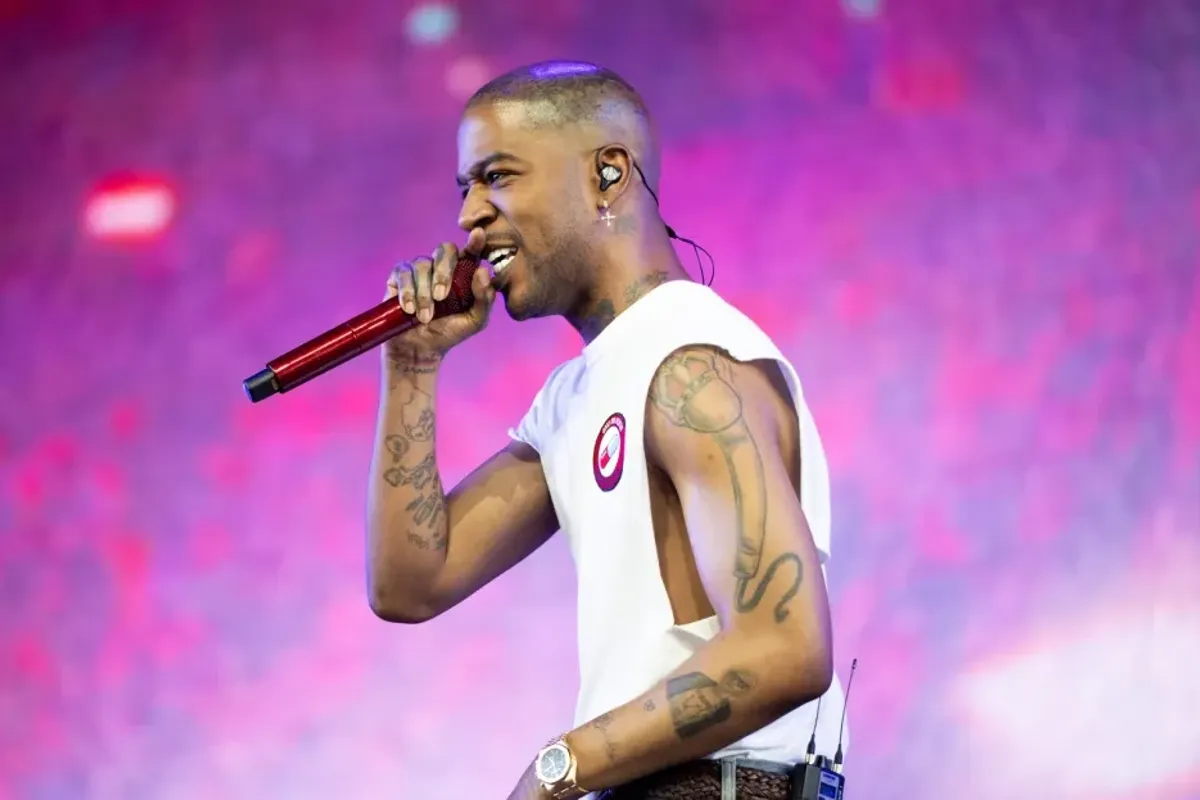Five Questions With… Leah Barley
The BC-based folk artist releases her debut full-length tomorrow. Here she describes some of the songs, her growth as a songwriter, and engaging with her audience during a pandemic.

By Jason Schneider
On her first full-length album Bring Out Your Dead, the Vancouver-based singer/songwriter Leah Barley offers eight stirring original songs that evoke both the jubilation and heartbreak inherent to classic folk and country music. An accomplished banjo player as well as guitarist, Barley is joined on the album by a full band featuring longtime collaborators violist John Kastelic and multi-instrumentalist Ross Christopher Fairbairn to create a sound as affecting today as it was a century ago.
Bring Out Your Dead almost perfectly balances Barley’s light-and-shade approach to songwriting, from the life-affirming first single Mountains and the rousing boot stompers I Wish and Drinkin’ to the chill-inducing title track and its spiritual cousin Rise. It’s all a product of Barley’s love of old-time country and bluegrass, which inspired her to pick up the banjo in her early twenties while living in Canmore, Alberta.
After a couple of months getting her feet wet at open mic nights, she released the first of three EPs in 2010 after moving to Vancouver. Since 2013, Barley has played in many parts of Canada, both solo and with other bands on the festival circuit, and was a featured performer at Junofest 2018, as well as on CBC Music.
She is eager to flex her performing muscles again the first chance she has to get back on stage safely. Until then, Bring Out Your Dead will brilliantly serve as Leah Barley’s calling card, and formally mark the arrival of a vital new voice in Canadian roots music.
Bring Out Your Dead is officially released Oct. 23 on all digital platforms, and you can find out more at leahbarleymusic.com.
What makes Bring Out Your Dead stand apart from your past work?
Being my first full-length album, with more songs I'm able to show a wider range of my writing. I've included some radio-friendly songs, a couple that came from some really dark times, and some that literally kept me up at night for weeks until I could get all the sounds and textures out of my head. Having grown a lot as a writer and singer I was able to go deeper and really open myself to sharing some very vulnerable moments I couldn't have before and to express myself with a broader palette.
What songs on the record have particularly special meaning for you?
Rise is a special song I wrote for a friend who opened up to me about being a drug addict as a teenager and into their twenties. I kept the lyrics quite simple but I had John Kastelic compose a complex string section for it to represent the complex emotional undercurrent of the story.
Hush was a really hard one for me to write; it took about three or four months to get it out because I just kept crying. Growing up with the “girls are seen and not heard” thing really ate away at me as a child. Speaking up when something felt wrong or speaking my truth was something I had to work hard at being able to do. I wanted this song to show the fight inside me and shine a light on how easily a child can be impacted by just a few words. Once I started performing this one live, the whole room of people would be still and silent and listen to whatever it was I wanted to share. The way this song lands absolutely blows my mind every time, and it really shifted something in me as a writer.
What's the story behind the video for Mountains?
My bandmates John, Ross, and I had befriended Marina Lagacé and were playing shows with her on a regular basis. On one of our bigger tours together Ross and I sat in the back seat of the van and watched John and Marina fall madly in love. The flirting, giggles, and skinny dipping through B.C. and Alberta just sparked so much joy in me that I had to write it all down. I was planning on making a video with them earlier this year with their now two-and-a-half-year-old daughter but Covid and the lockdown kept us apart so I needed a new plan. I remembered that I had my grandparents’ 8mm honeymoon footage of their trip from Toronto to Tofino in 1942, so I had it digitized, and gave it to Nathanael Vass to edit. My grandfather was enamoured with the mountains and all the footage worked perfectly with the song and lyrics. It feels incredible to pair images of a love story from my biological family with lyrics of a love story from my chosen family. It's really something special.
How have you adapted to engaging with your audience over the past few months?
I've started posting more on social media and sharing bits of my personal life. I found that my fans were interested in my well being just as much as my music. I performed a few live stream shows and a special socially distanced backyard show as well. I've had a bit of a hard time finding the drive to do live streams as connecting with the audience means so much to me, which is tough to do when you're looking at a camera instead of faces. Creating the album has taken most of my energy in recent months, so I haven't had the bandwidth to focus on this new side of performing. Now that the album is out I feel like I'll be able to dedicate more time to learn this new way of performing online and how to connect with folks more during the fall and winter.
What's your mindset looking ahead to next year and the prospect of hopefully playing live?
I feel like moving forward there will be so much more respect for musicians and live performing. After a year of no shows it's going to be really hard to not rock out to our favourite bands and go to festivals, that's for sure. With having so much separation this year I feel like people will really need that experience of connecting with artists and come away with a lot more. I'm just looking forward to getting back on the stage, to tell my stories, and really engage with the audience again.

















